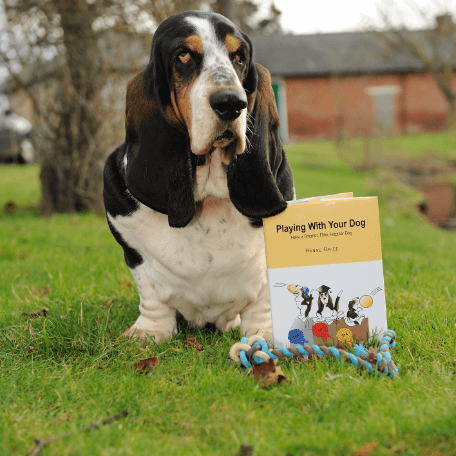In 2016, The Crime Survey for England and Wales (CSEW) released figures that showed an estimated 1.8 million adults aged 16 to 59 were a victim of domestic abuse. In many cases, women were more likely to report having experienced domestic abuse than men. In 2016, it was estimated that 11m (40% of) UK households have pets residing in UK households (PFMA, 2016); research suggests a high proportion of women or men that are in violent relationships are also pet owners.
There have been a number of studies documenting links between domestic violence and the abuse of pets. For example, Febres et al. (2014) found a significant association between adult animal abuse and the perpetration of physical and severe psychological interpersonal violence. In many cases, pets are threatened or harmed and in some cases killed, as a means to intimidate the abused partner.
A common pattern observed in domestic violence cases where children are involved, is that victims will remain in the relationship due to concern leaving would increase risk of injury directed onto the children (Randour, 2017). Now a new study from Canada suggests women who are victims of domestic abuse often delay leaving their partner because they’re worried pets will be harmed in their absence.
Of the sample surveyed, animal maltreatment was present in around 89% of these domestic violence cases. Amy Fitzgerald, an associate professor in the department of Sociology, Anthropology and Criminology at Windsor University, led this research and discusses the project in a podcast. To access this discussion, click onto the image (left). The podcast is approximately 8 minutes.
The results of this study may help prompt greater awareness for the establishment of ‘safe havens’ for pet owners and their animals in the UK. For example, in the United States, The Animal Welfare Institute (AWI) provides a post-code searchable database service where 1,400 ‘safe havens’ are listed, offering help by putting pets in foster case, boarding them with local veterinarians or kennels, as well as other forms of shelter that allows pets to remain with the owner. Currently in the UK, The Links Group promotes the welfare and safety of vulnerable children, animals and adults, providing some links to pet refuges but more needs to be done.
Moreover, whilst this study highlights the links between domestic violence and companion animals, further investigation is also required to determine whether similar associations are present when the animals owned are livestock.
If you’re a victim of domestic violence, you can contact Refuge for confidential support and help.
References
Febres, J., Brasfield, H., Shorey, R.C., Elmquist, J., Ninnemann, A., Schonrum, Y.C., Stuart, G. (2014). ‘Adulthood animal abuse among men arrested for interpersonal violence.’ Violence against Women 20 pp.1959-1077
Randour, M.L (2017) ‘Animal Abuse and Domestic Violence’. The Battered Women’s Justice Project
Learn more about our classes

Get Hanne's Book
Playing With Your Dog will help any dog owner work out the games that are best suited for their pet to play throughout his life, from puppyhood to old age. The book also shares some tricks for all ages, group activities, and recommended toys that dogs will enjoy.


























